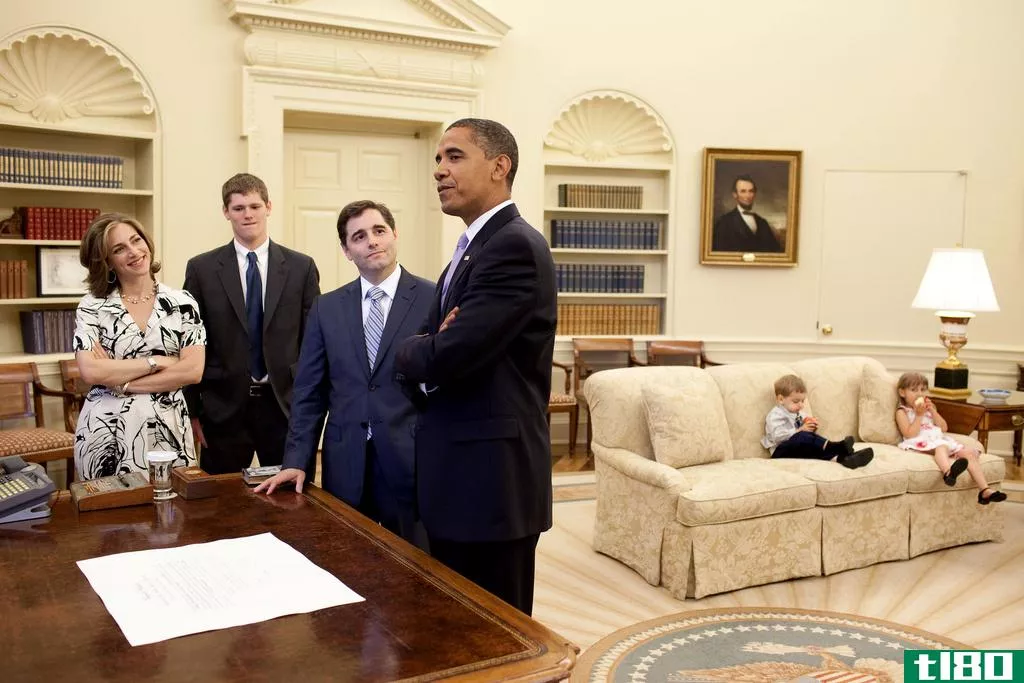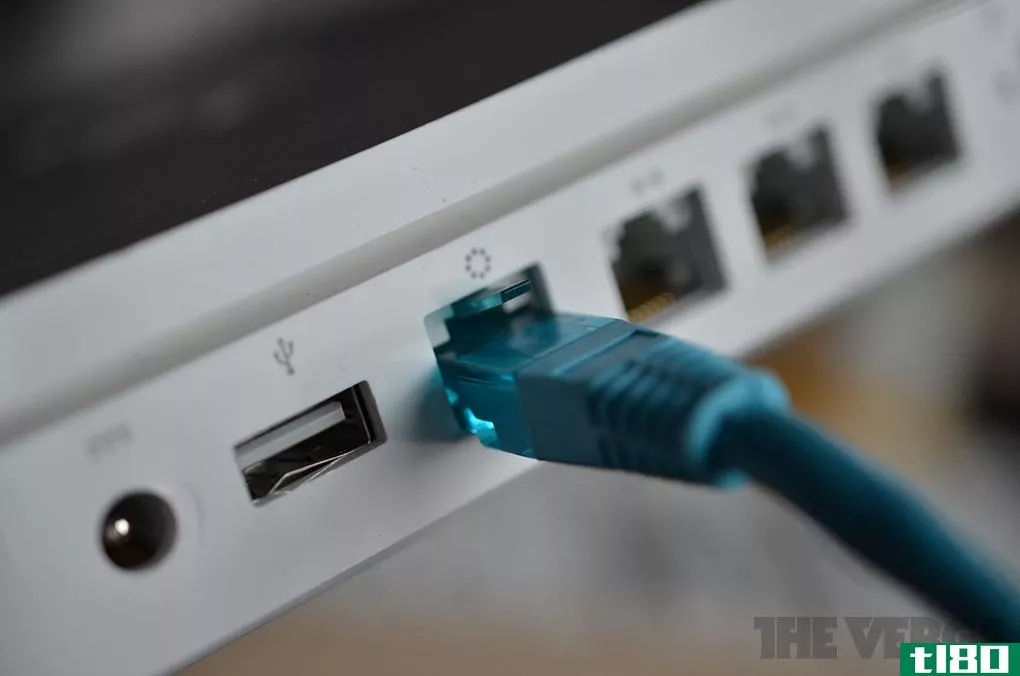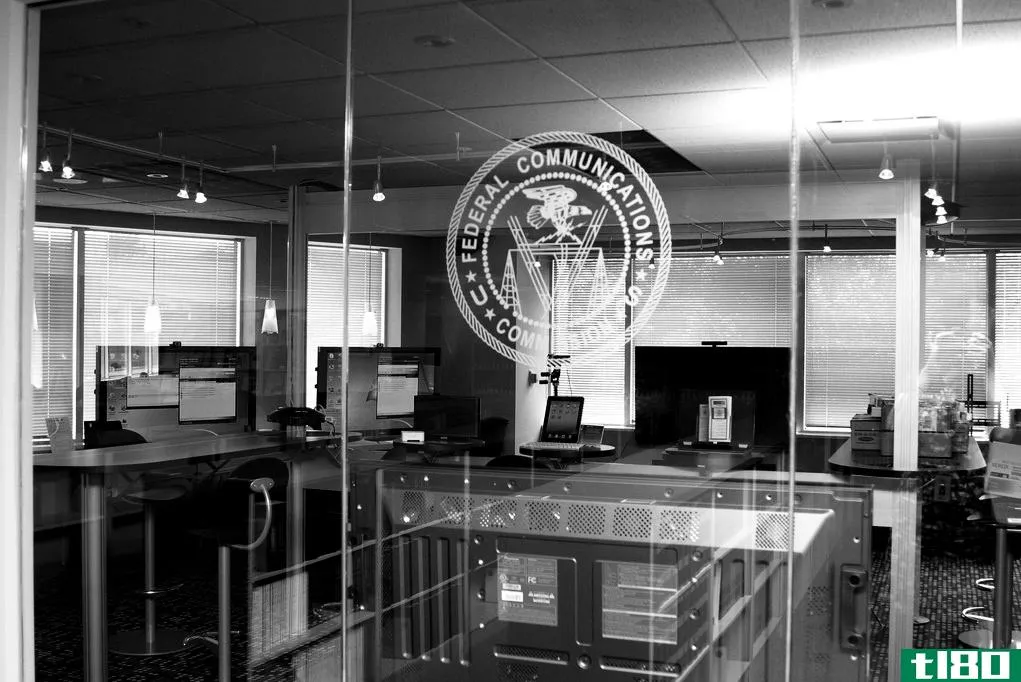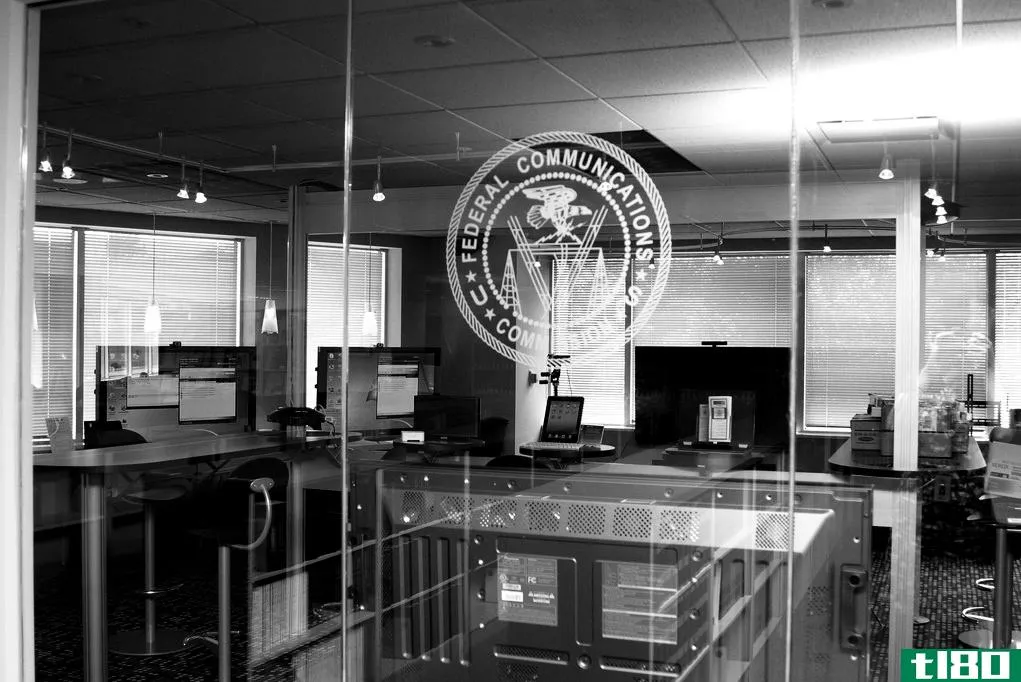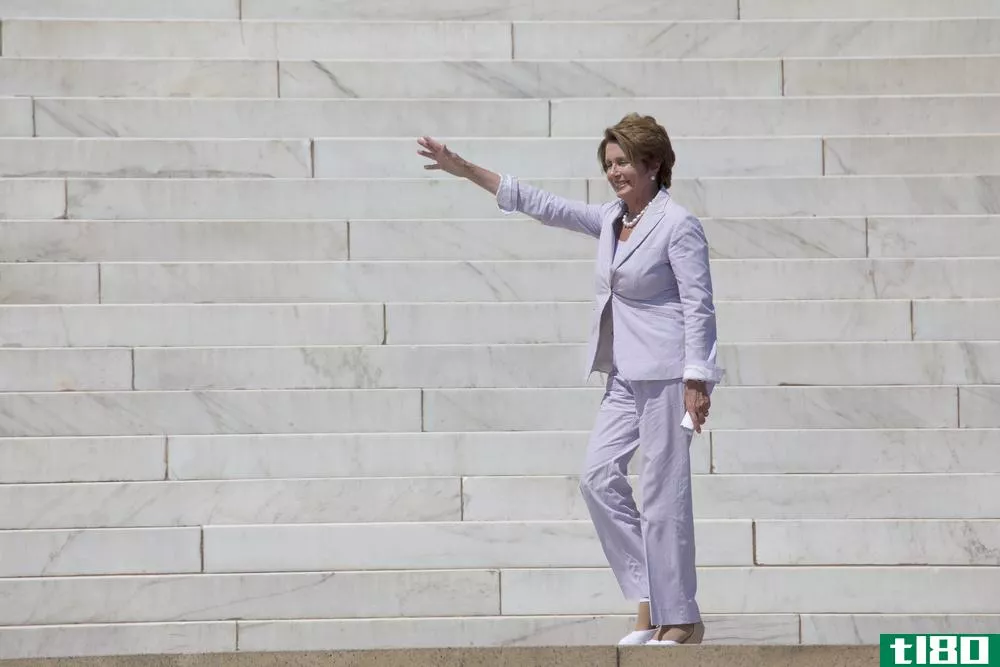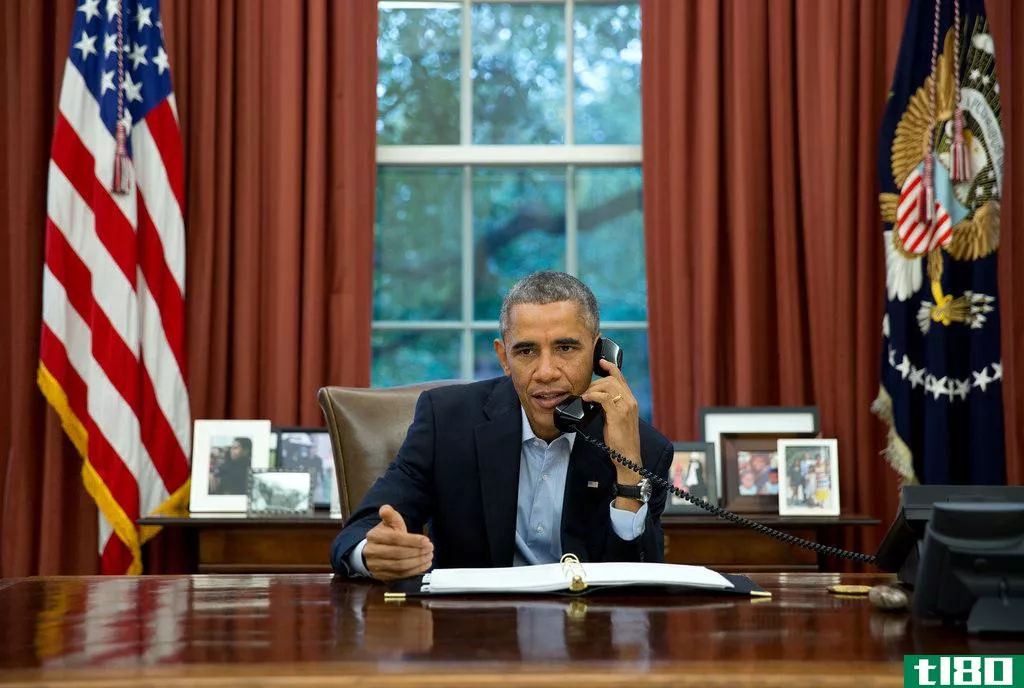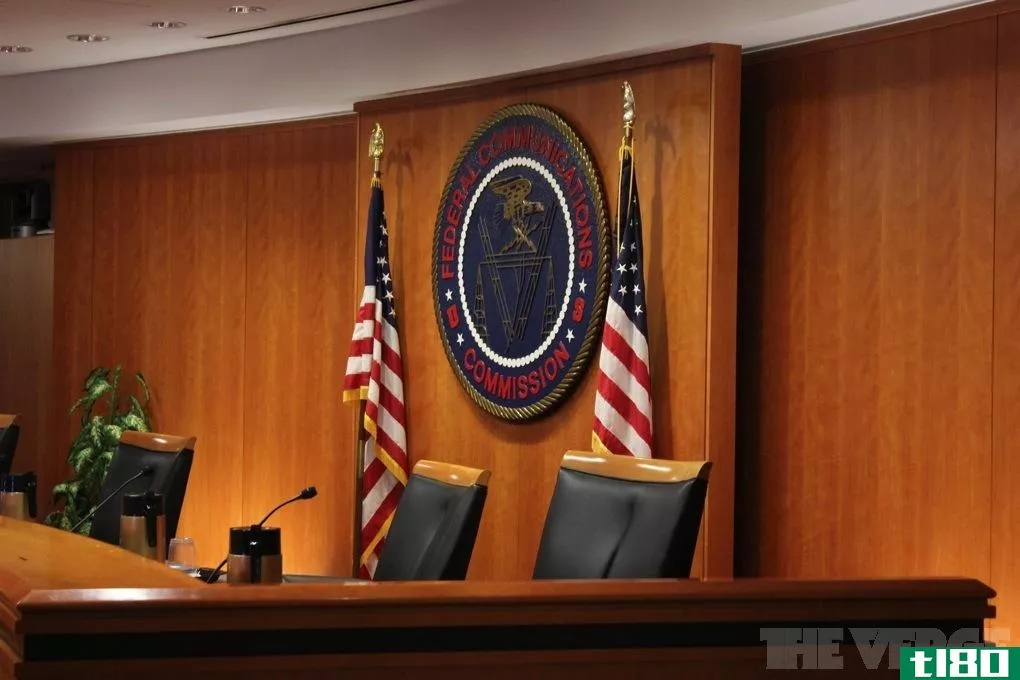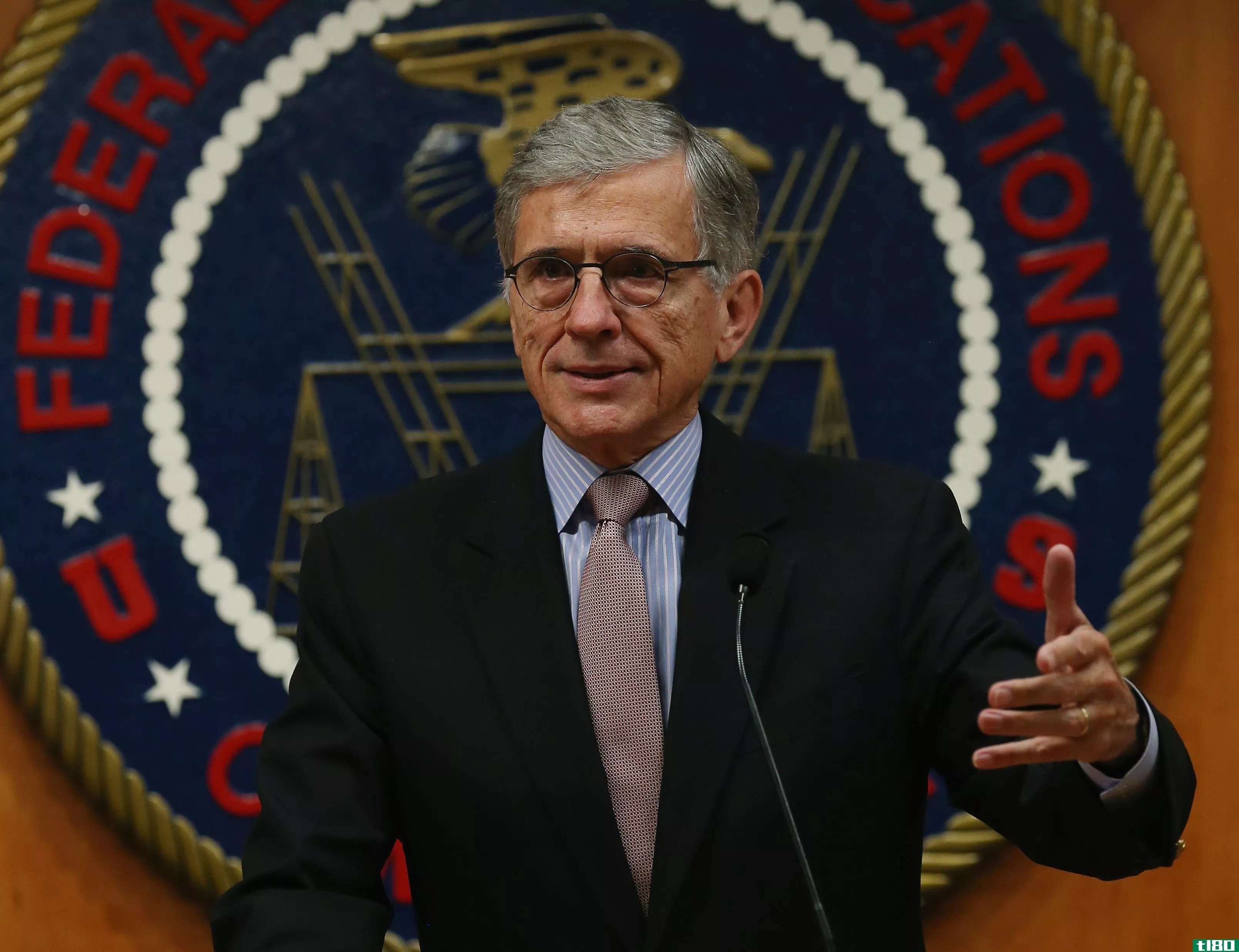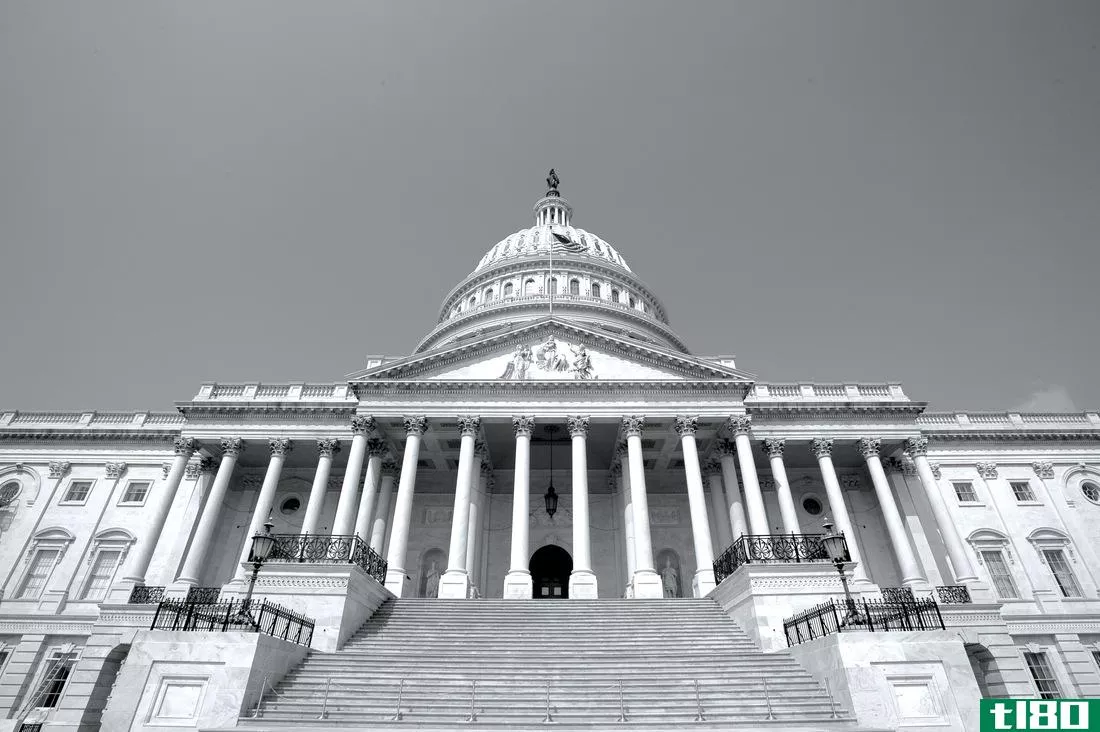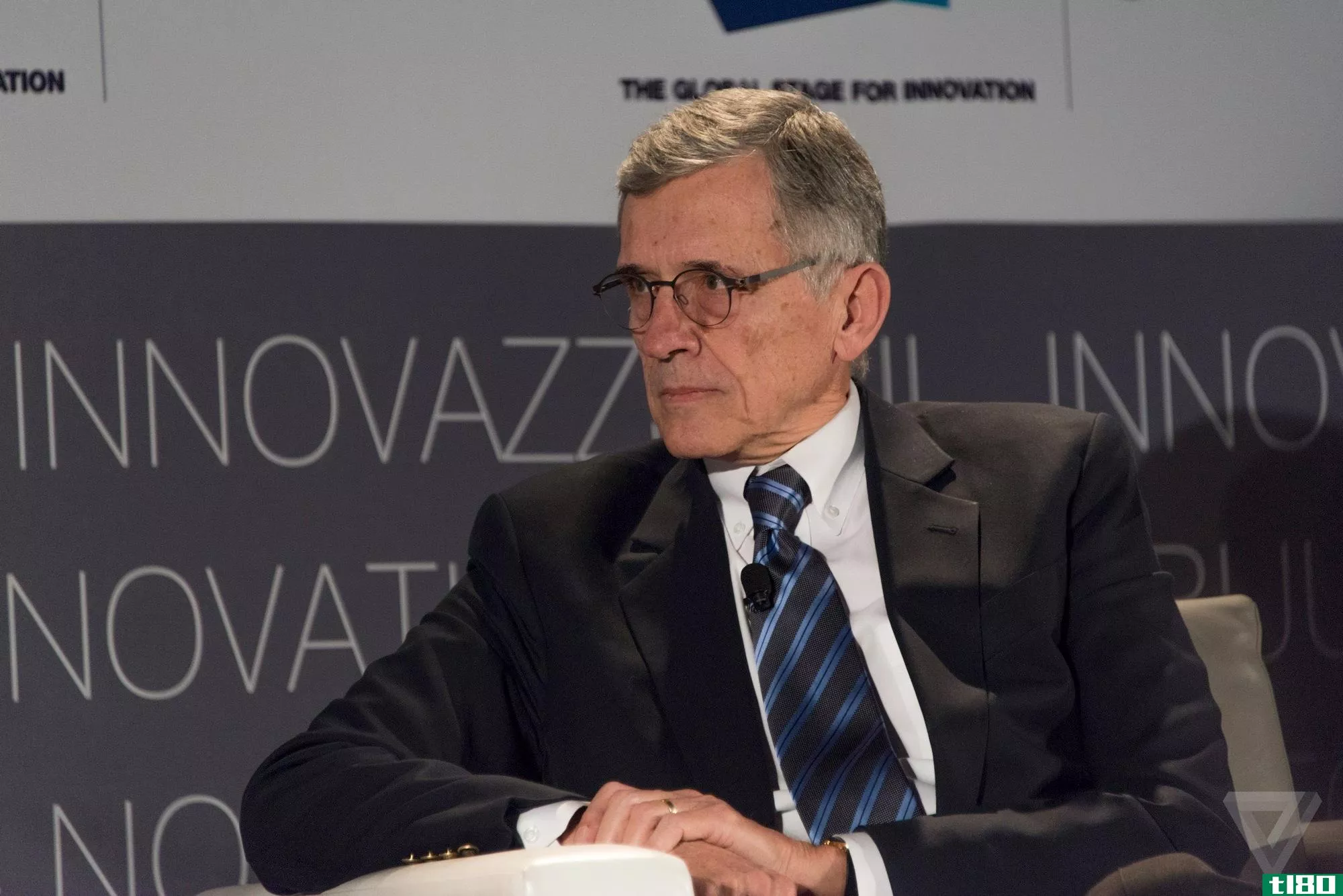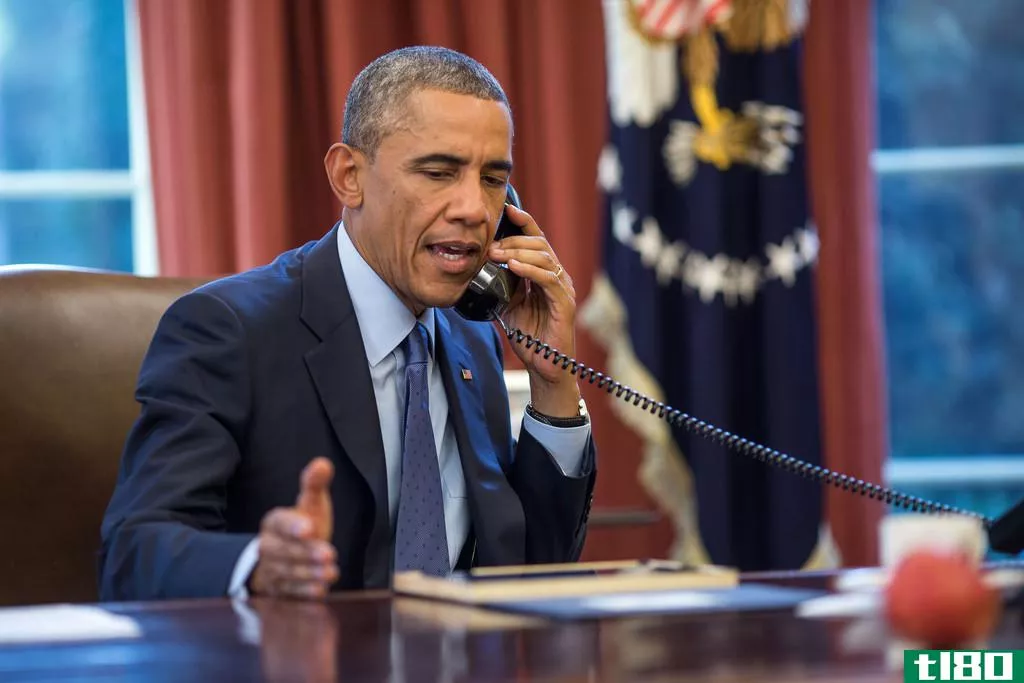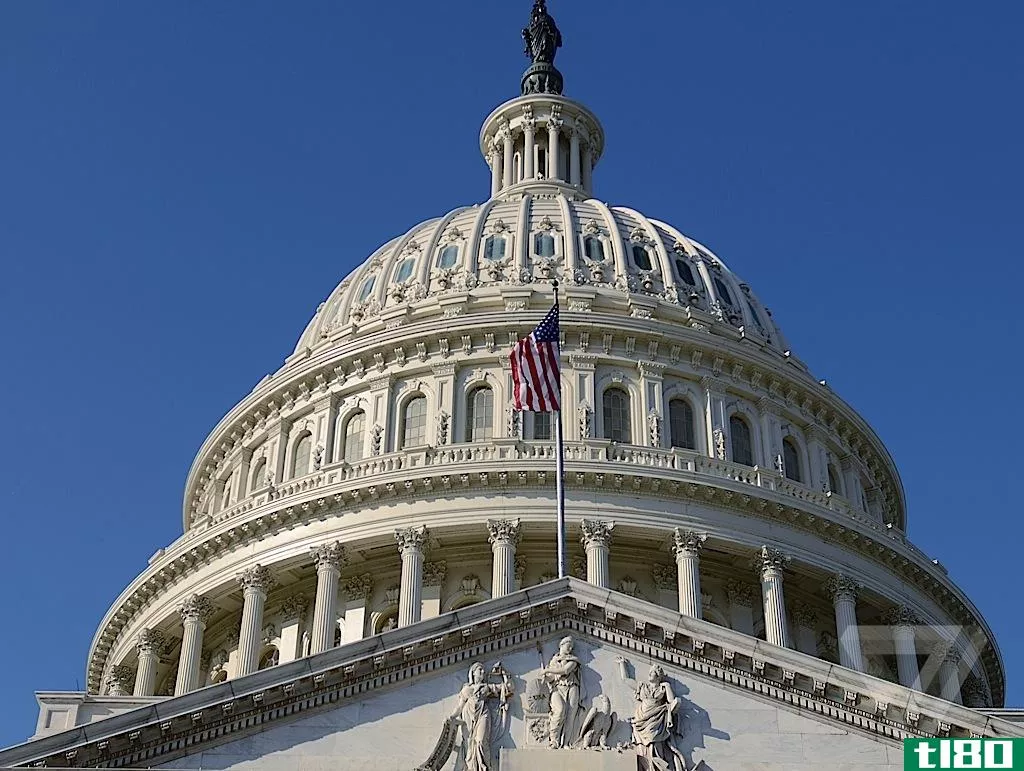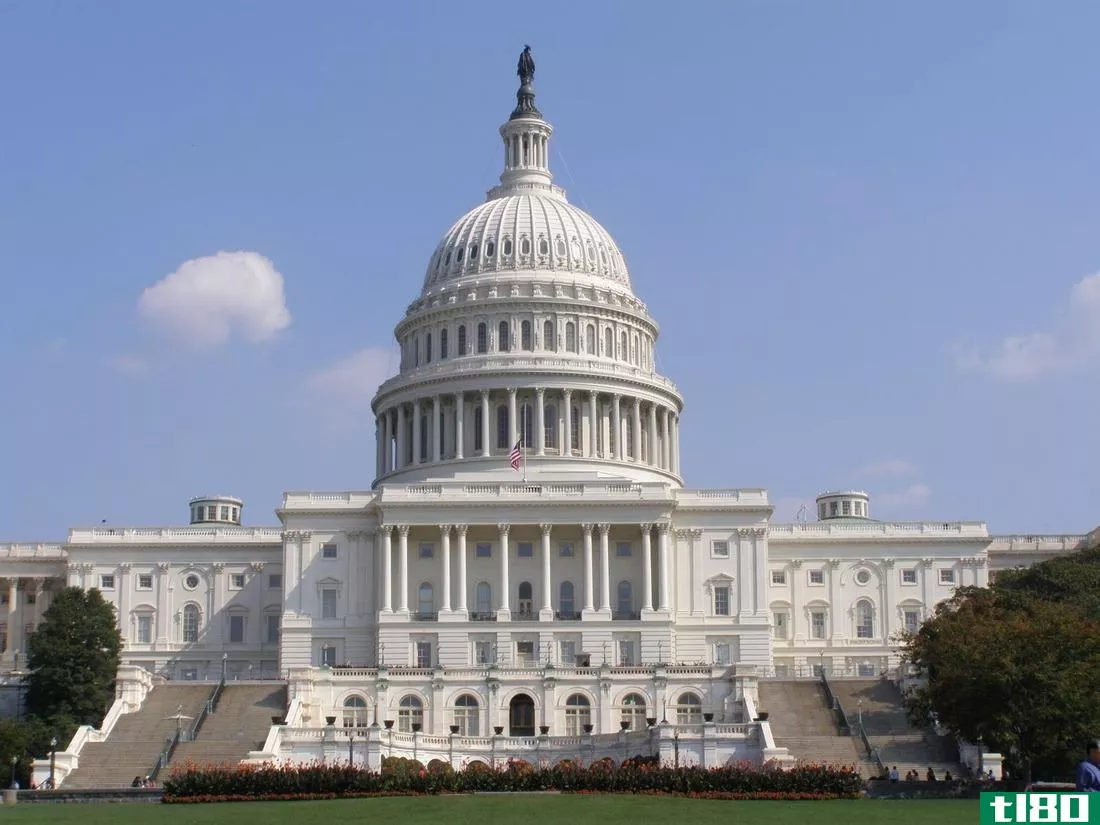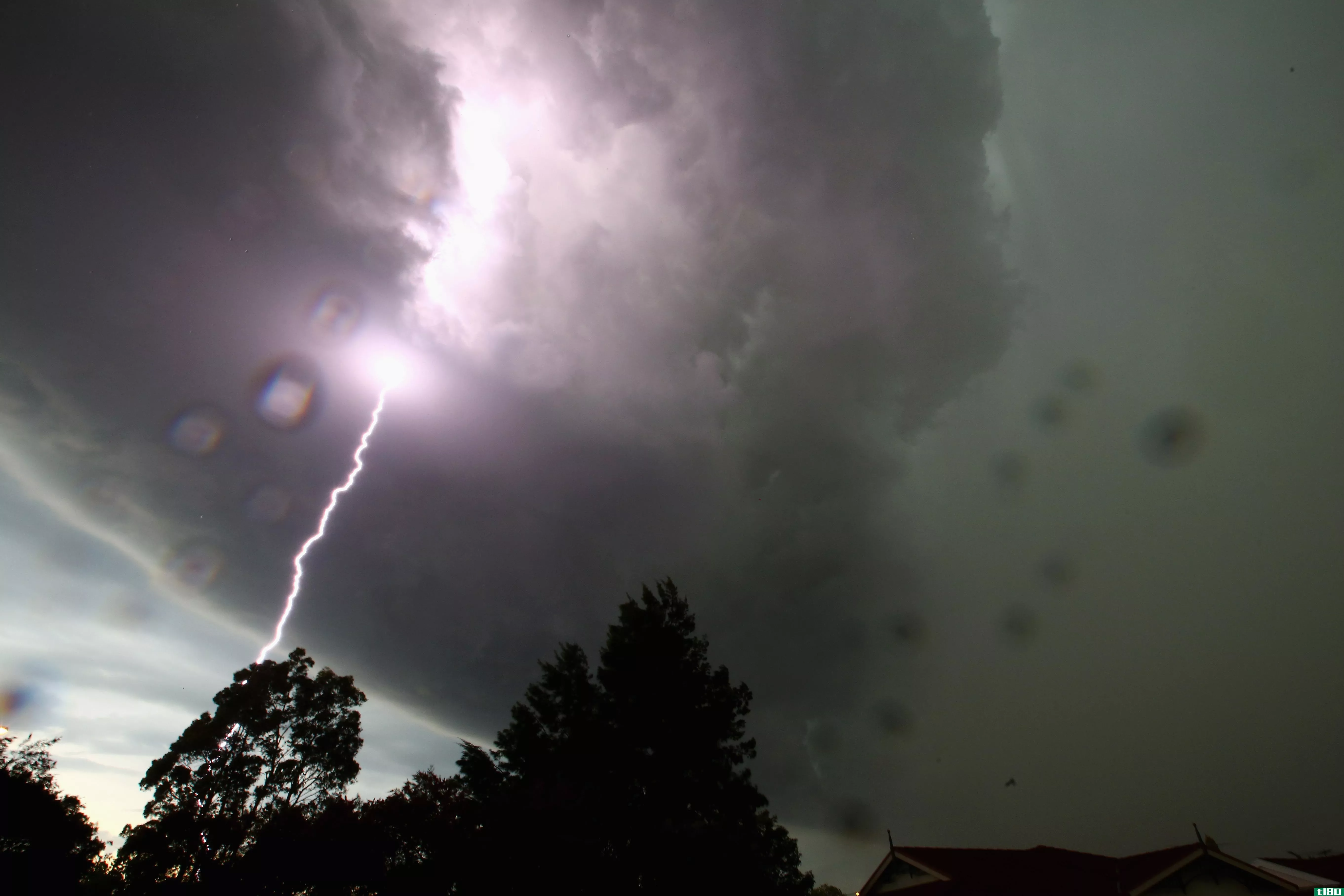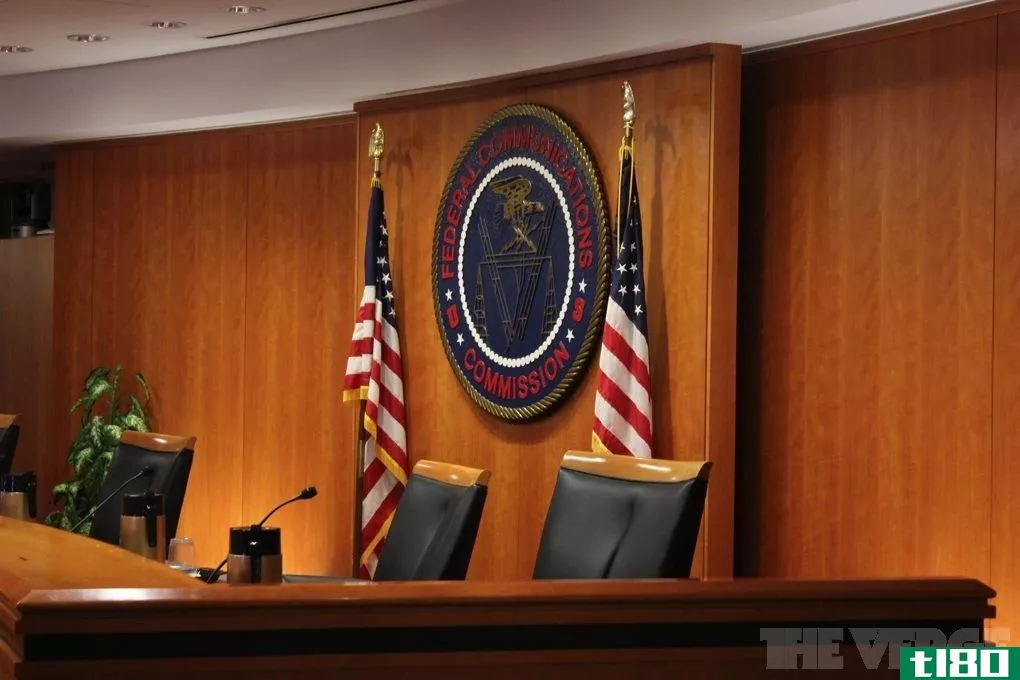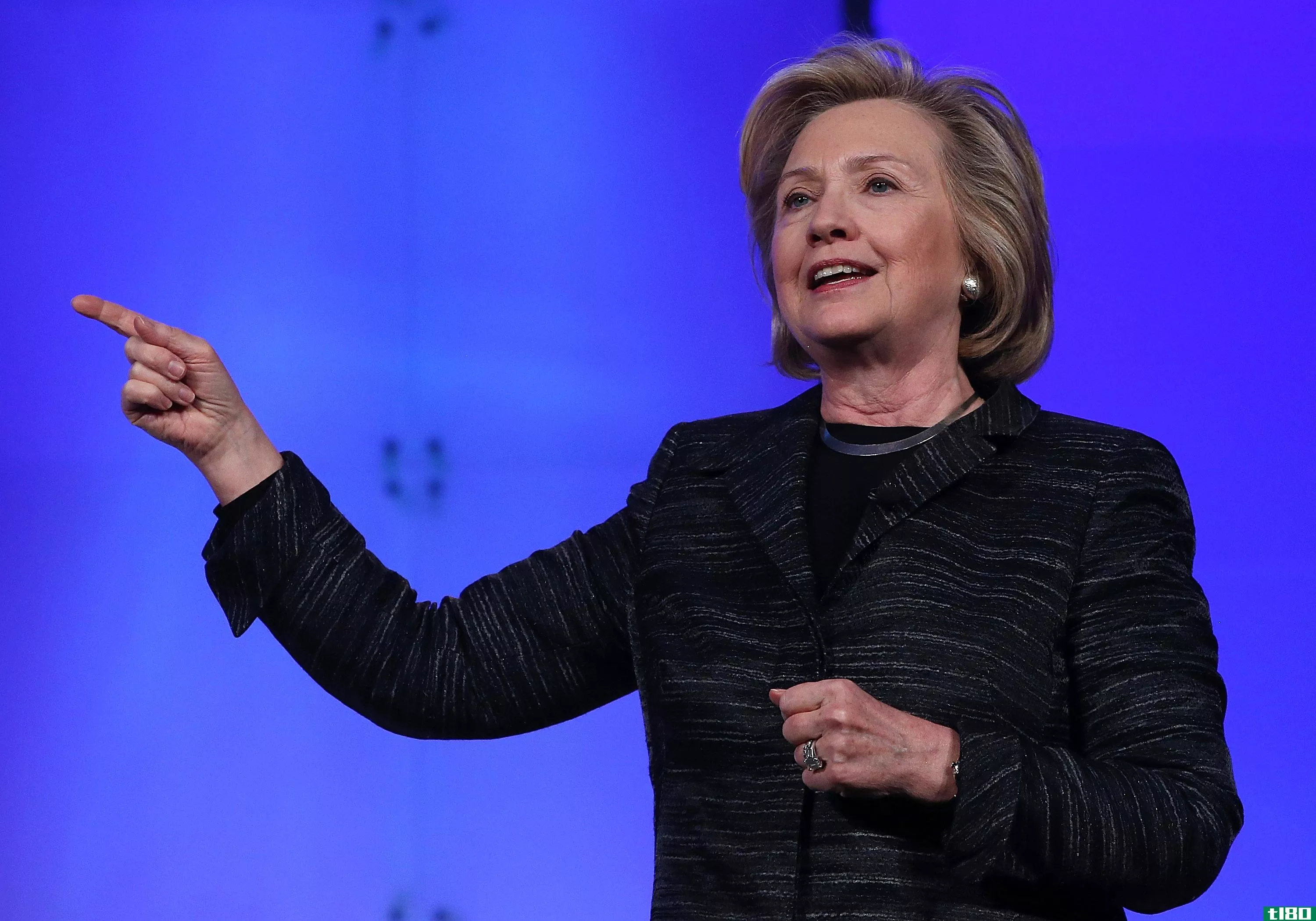奥巴马说,联邦通信委员会应该将互联网重新归类为公用事业
奥巴马总统公开表示支持将互联网服务重新归类为公用事业,此举将使联邦通信委员会能够执行更强有力的法规,保护网络中立性。”奥巴马今天上午在一份声明中说:“为了落实这些保护措施,我要求联邦通信委员会根据《电信法》第二章对互联网服务进行重新分类。”用通俗易懂的英语,我要求联邦通信委员会(FCC)认识到,对大多数美国人来说,互联网已经成为日常交流和日常生活中必不可少的一部分。”
这个决定仍由联邦通信委员会决定
自从今年早些时候联邦通信委员会(FCC)的原始保护措施在法庭上被推翻以来,围绕保护网络中立性的斗争愈演愈烈,这是一个原则,即所有的互联网流量,不管是什么流量,从何而来,都应该得到平等对待。这些保护措施之所以能够被取消,是因为欧盟委员会制定规则的方式并不是它实际拥有的权力,所以它一直在试图制定新的规则,它肯定能够执行。到目前为止,它还没有选择使用第二篇,但网络中立的倡导者,现在包括奥巴马总统,一直在推动它的使用。
根据第二篇对互联网服务进行监管意味着将其重新归类为公用事业,就像水一样。这意味着,互联网供应商将只是通过管道来回传输互联网,而不是真正做出任何关于互联网走向的决定。在很大程度上,单从服务提供商的角度来看,这是一个有争议的想法。这意味着他们正在失去对自己销售产品的控制权,他们无法通过某些服务来为自己的业务带来好处。相反,提供商将被困在允许消费者随心所欲地使用互联网,使用他们喜欢的任何服务而不受任何惩罚的境地。如果这听起来不错的话,那是因为互联网到目前为止基本上就是这样运作的。
奥巴马对第二篇重新分类的支持正值网络中立的关键时刻。虽然联邦通信委员会正在制定新的规则来保护网络中立性,但这些规则实际上会允许互联网提供商提供所谓的“快车道”,实际上首先会破坏网络中立性的目的。在今年夏天的一次公开评论中,美国人大声反对这项提议,但目前还不清楚欧盟委员会计划对此采取什么样的回应。联邦通信委员会主席汤姆惠勒说,他并不完全反对第二篇,但这似乎是只有当其他方法无法首先工作。
根据奥巴马的计划,Netflix可能会如愿以偿
奥巴马在一份概述他希望互联网服务看起来像什么的声明中强调了四个要点:互联网提供商不被允许屏蔽提供合法内容的网站,他们不被允许根据自己的喜好故意放慢或加快某些网站或服务的速度,而且他们也不能提供付费快车道。奥巴马还要求美国联邦通信委员会(FCC)对康卡斯特(Comcast)和威瑞森(Verizon)等服务提供商与Netflix等内容提供商之间的互联点进行调查,并可能应用网络中立规则。这对Netflix来说可能是一个巨大的新闻,Netflix一直认为互联网的这一领域应该全年都被网络中立所覆盖。
奥巴马还要求委员会将这些规则应用于移动互联网服务。这也将是一个重大的变化,因为移动服务以前并没有像有线连接那样受到网络中立性规则的约束。这就是说,奥巴马确实为无线领域的例外情况留下了相当大的空间,有可能允许一定程度的限制,以便提供商在大量使用时能够管理其网络。值得注意的是,他的提案还要求FCC不要对互联网服务实施费率规定。
还有一个大问题,联邦通信委员会是否会听取奥巴马的建议,国会是否真的会允许。奥巴马对第二章重新分类的支持可能会提供政治上的支持,委员会需要这种支持来证明这种规则的改变是合理的,但由于共和党人对接管参议院的监管持谨慎态度,这是一个越来越冒险的提议。联邦通信委员会可能会制定规则,但国会可以做很多事来左右其决定。参议员特德·克鲁兹(TedCruz)已经在推特上说,“网络中立”是奥巴马对互联网的医保;互联网不应以**的速度运行。”
“我们将把总统的意见记录在案。”
在奥巴马宣布这一消息后,联邦通信委员会(FCC)发表了一份声明,并没有真正改变立场——事实上,基本上说,它会把奥巴马的观点和其他人的观点结合起来。”“作为一个独立的监管机构,我们将把总统的意见纳入公开互联网程序的记录中,”惠勒主席说我们欢迎对它的评论,以及它提议如何使用《通信法》第二篇。”
奥巴马清楚地知道,他没有在这里制定政策,但他的声明向委员会指出,这一政策的改变得到了公众的大力支持。”FCC是一个独立的机构,最终决定的是他们自己的一个但是公众已经评论了近400万次,要求消费者——而不是有线电视公司——决定他们使用的网站。”
希尔报告说,共和党人在上周的选举后已经开始着手对《通讯法》进行全面改革,可能会精简用于管理电话、电视和互联网等不同类型服务的规则。这些变化究竟意味着什么尚不清楚,但据报道,网络中立的倡导者担心,这可能会走向放松对通信行业的监管。
在声明中,FCC还证实了一些报道,称它正在研究采取一种“混合”的方法来实现网络中立性。据信,该委员会的混合计划将对互联点实施严格的监管,使像Netflix这样的内容提供商感到高兴,同时仍为消费者提供一定程度的快车道。
最终,联邦通信委员会只是说它需要更多的时间。虽然它曾希望在年底前出台网络中立规则,但它显然发现,目前的计划并不是人们想要的。它现在说,它需要时间来确定如果采用混合方法或完全的第二篇重新分类,会出现哪些法律障碍。”惠勒写道:“我们对各种法律选择的问题研究得越深入,就越明显有更多的工作要做。”
你可以在下面阅读奥巴马的完整声明:
An open Internet is essential to the American economy, and increasingly to our very way of life. By lowering the cost of launching a new idea, igniting new political movements, and bringing communities closer together, it has been one of the most significant democratizing influences the world has ever known.
"Net neutrality" has been built into the fabric of the Internet since its creation — but it is also a principle that we cannot take for granted. We cannot allow Internet service providers (ISPs) to restrict the best access or to pick winners and losers in the online marketplace for services and ideas. That is why today, I am asking the Federal Communicati*** Commission (FCC) to answer the call of almost 4 million public comments, and implement the strongest possible rules to protect net neutrality.
When I was a candidate for this office, I made clear my commitment to a free and open Internet, and my commitment remains as strong as ever. Four years ago, the FCC tried to implement rules that would protect net neutrality with little to no impact on the telecommunicati*** companies that make important investments in our economy. After the rules were challenged, the court reviewing the rules agreed with the FCC that net neutrality was essential for preserving an environment that encourages new investment in the network, new online services and content, and everything else that makes up the Internet as we now know it. Unfortunately, the court ultimately struck down the rules — not because it disagreed with the need to protect net neutrality, but because it believed the FCC had taken the wrong legal approach.
The FCC is an independent agency, and ultimately this decision is theirs alone. I believe the FCC should create a new set of rules protecting net neutrality and ensuring that neither the cable company nor the phone company will be able to act as a gatekeeper, restricting what you can do or see online. The rules I am asking for are simple, common-sense steps that reflect the Internet you and I use every day, and that some ISPs already observe. These bright-line rules include:
- No blocking. If a c***umer requests access to a website or service, and the content is legal, your ISP should not be permitted to block it. That way, every player — not just those commercially affiliated with an ISP — gets a fair shot at your business.
- No throttling. Nor should ISPs be able to intentionally slow down some content or speed up others — through a process often called "throttling" — based on the type of service or your ISP’s preferences.
- Increased transparency. The connection between c***umers and ISPs — the so-called "last mile" — is not the only place some sites might get special treatment. So, I am also asking the FCC to make full use of the transparency authorities the court recently upheld, and if necessary to apply net neutrality rules to points of interconnection between the ISP and the rest of the Internet.
- No paid prioritization. Simply put: No service should be stuck in a "slow lane" because it does not pay a fee. That kind of gatekeeping would undermine the level playing field essential to the Internet’s growth. So, as I have before, I am asking for an explicit ban on paid prioritization and any other restriction that has a similar effect.
If carefully designed, these rules should not create any undue burden for ISPs, and can have clear, monitored excepti*** for reasonable network management and for specialized services such as dedicated, mission-critical networks serving a hospital. But combined, these rules mean everything for preserving the Internet’s openness.
The rules also have to reflect the way people use the Internet today, which increasingly means on a mobile device. I believe the FCC should make these rules fully applicable to mobile broadband as well, while recognizing the special challenges that come with managing wireless networks.
To be current, these rules must also build on the less*** of the past. For almost a century, our law has recognized that companies who connect you to the world have special obligati*** not to exploit the monopoly they enjoy over access in and out of your home or business. That is why a phone call from a customer of one phone company can reliably reach a customer of a different one, and why you will not be penalized solely for calling someone who is using another provider. It is common sense that the same philosophy should guide any service that is based on the tran**ission of information — whether a phone call, or a packet of data.
So the time has come for the FCC to recognize that broadband service is of the same importance and must carry the same obligati*** as so many of the other vital services do. To do that, I believe the FCC should reclassify c***umer broadband service under Title II of the Telecommunicati*** Act — while at the same time forbearing from rate regulation and other provisi*** less relevant to broadband services. This is a basic acknowledgment of the services ISPs provide to American homes and businesses, and the straightforward obligati*** necessary to ensure the network works for everyone — not just one or two companies.
Investment in wired and wireless networks has supported jobs and made America the center of a vibrant ecosystem of digital devices, apps, and platforms that fuel growth and expand opportunity. Importantly, network investment remained strong under the previous net neutrality regime, before it was struck down by the court; in fact, the court agreed that protecting net neutrality helps foster more investment and innovation. If the FCC appropriately forbears from the Title II regulati*** that are not needed to implement the principles above — principles that most ISPs have followed for years — it will help ensure new rules are c***istent with incentives for further investment in the infrastructure of the Internet.
The Internet has been one of the greatest gifts our economy — and our society — has ever known. The FCC was chartered to promote competition, innovation, and investment in our networks. In service of that mission, there is no higher calling than protecting an open, accessible, and free Internet. I thank the Commissioners for having served this cause with distinction and integrity, and I respectfully ask them to adopt the policies I have outlined here, to preserve this technology’s promise for today, and future generati*** to come.
From the archives: Susan Crawford on how mayors can solve the broadband problem- 发表于 2021-04-27 20:33
- 阅读 ( 78 )
- 分类:互联网
你可能感兴趣的文章
奥巴马总统支持联邦通信委员会修改网络中立性的计划
巴拉克奥巴马(Barack Obama)再次重申了他对网络中立的承诺,在上个月的法律败诉后,他向FCC提供了支持。在回应白宫的**书时,奥巴马提出了一个比他之前的声明更为具体的信息,声明肯定了他对联邦通信委员会工作的信心,...
- 发布于 2021-04-25 09:09
- 阅读 ( 223 )
联邦通信委员会有一个拯救网络中立性的计划,但没人喜欢
...是一个联邦通信委员会希望诉诸于现在。美国总统巴拉克奥巴马(barackobama)在支持FCC时也几乎说了同样的话。尽管如此,这些规则还没有真正成文,所以FCC是否有能力修改宽带竞争规则以满足其需求还不清楚。如果做不到,重...
- 发布于 2021-04-25 09:21
- 阅读 ( 169 )
是时候让联邦通信委员会为美国人挺身而出,而不是破坏互联网了
...是接受自身实力的考验。 **不敢说,但互联网是一种公用事业。流入你家的数据就像水和电一样:在2014年,这不是奢侈品,也不是选择。FCC最初的互联网开放规则之所以失败,正是因为它太胆小,不敢大声说出来,而是在一...
- 发布于 2021-04-26 09:03
- 阅读 ( 195 )
如果提议的规则失败,fcc主席将毫不犹豫地像公用事业公司一样对宽带进行监管
...求做的事情:重新分类和管理互联网服务提供商作为一个公用事业,就像传统的电话服务。 “如果我们面前的提议现在证明是不够的,或者我们观察到任何人利用这一规则,我会毫不犹豫地使用第二标题,”惠勒写道...
- 发布于 2021-04-26 09:49
- 阅读 ( 196 )
南希·佩洛西敦促联邦通信委员会将宽带重新归类为公用事业
...联邦通信委员会利用《通信法》第二章将宽带重新归类为公用事业——这正是网络中立倡导者一直在推动的。佩洛西在给联邦通信委员会主席汤姆·惠勒的一封信中写道,第二篇是“完善现代规则的适当工具”,它可以做到这一...
- 发布于 2021-04-27 06:43
- 阅读 ( 154 )
奥巴马能为网络中立做些什么?
...奥巴马敦促联邦通信委员会采取立场,把宽带更像是一个公用事业而不是一个门户网站。 奥巴马松散的四点建议对大多数网络中立支持者来说是一个福音:他要求将宽带列为第二类公共运营商,将其与电话服务划...
- 发布于 2021-04-27 20:35
- 阅读 ( 235 )
网络中立的新规则要到2015年才会出台
...点,要求委员会采取重大步骤,将互联网服务重新归类为公用事业。 惠勒的目标是2014年底 在某种程度上,这是因为联邦通信委员会正在研究新的计划——因为很明显,美国公众对去年春天提出的计...
- 发布于 2021-04-27 21:02
- 阅读 ( 159 )
联邦通信委员会主席可能会拒绝奥巴马的网络中立计划
...巴马总统在网络中立方面采取了强硬立场,支持呼吁更像公用事业一样监管互联网。不到24小时后,FCC负责人汤姆·惠勒表示,他将打破总统的提议,朝着旨在安抚Comcast、AT&等大型互联网提供商的新方向发展;T、 还有威...
- 发布于 2021-04-27 21:08
- 阅读 ( 190 )
共和党人希望出台避免第二篇的净中立法案
...这场对话的焦点主要集中在FCC将互联网重新划分为第二类公用事业,这将让委员会实施更严格的规定,避免付费“快车道”接入等事情,但国会的一项新立法可能会寻求限制这些有争议的快车道,而不需要重新划分。 ...
- 发布于 2021-04-28 10:26
- 阅读 ( 167 )
汤姆惠勒说,联邦通信委员会将在2月26日投票表决网络中立
...有具体说明委员会是选择混合方式还是将宽带重新分类为公用事业,但他确实高度评价了第二篇的监管能力。11月,奥巴马总统敦促FCC将互联网流量分类为第二类,尽管惠勒拒绝明确支持这一提议。 “你...
- 发布于 2021-04-28 14:35
- 阅读 ( 217 )
